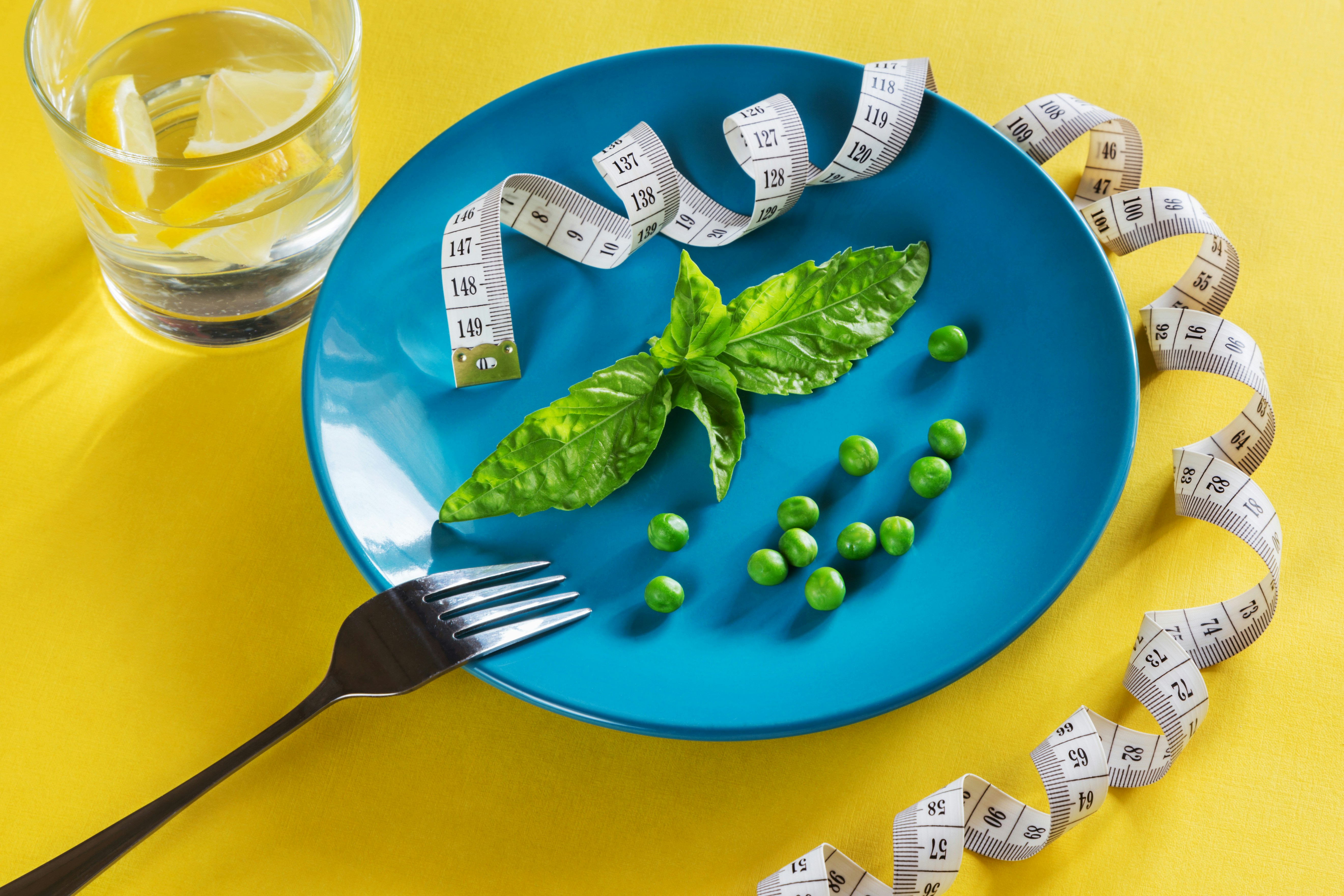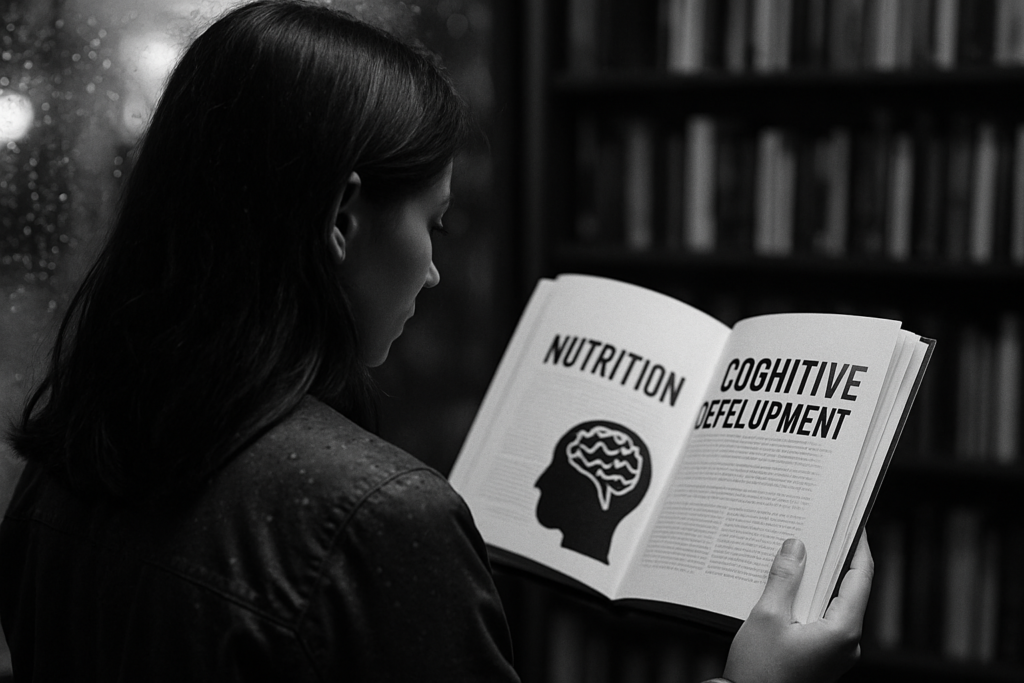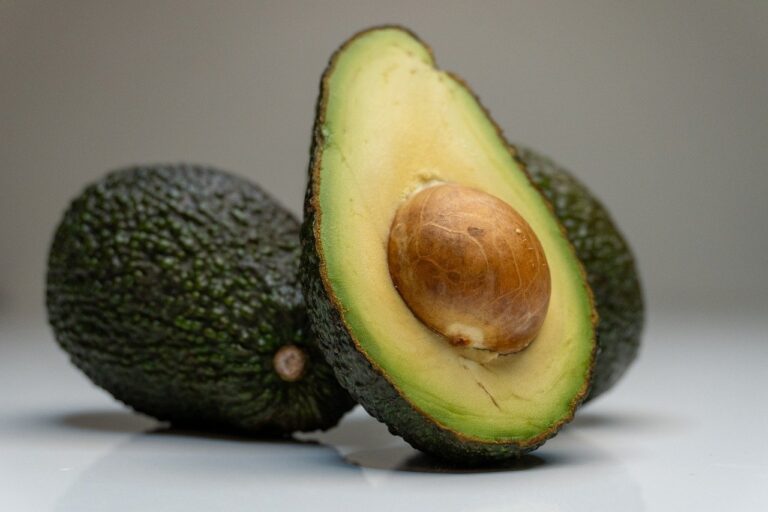The Brain’s Growing Demands
In early childhood, the brain isn’t just developing it’s exploding. By age three, a child’s brain reaches about 80% of its adult size. That kind of growth takes more than time. It demands serious fuel: energy for daily function, nutrients to build structure, and raw materials to wire up the neural circuits that support learning, memory, and attention.
This window roughly from birth to age five is when the foundation is set. Synapses form at lightning speed, and experiences shape the way the brain is built. Miss this window or undersupply the growing brain, and it becomes harder to catch up later.
What fuels this growth? Calories, for one. A child’s brain uses over half of their total daily energy intake in the first few years. But it’s not just about quantity. Micronutrients like iron, zinc, choline, DHA, and iodine all play specific roles in cognitive function and brain structure.
The bottom line: young minds need regular access to nutrient rich foods, not just to grow physically, but to think, feel, and learn. Hit the daily needs consistently, and they’re far more likely to thrive.
Key Nutrients That Shape Young Minds
The early years aren’t just busy for toddlers they’re full throttle for their brains too. To keep up with that kind of growth, the brain leans hard on specific nutrients.
Start with DHA and omega 3s. These fats are the literal building blocks of brain tissue, shaping everything from the cell membranes to the way neurons fire. Without enough in the diet, cognitive development can stall. Breast milk and fortified baby formulas often contain DHA, but as kids grow, food matters more. Fatty fish like salmon and sardines, chia seeds, and walnuts are solid sources.
Iron is next up. It’s your brain’s oxygen delivery service. When iron’s low, energy drops, memory gets foggy, and attention goes wild. Red meat, lentils, and spinach help patch that gap. For young kids, pairing iron rich food with vitamin C think beans with tomatoes or cereal with strawberries makes iron easier to absorb.
Then come the unsung heroes: zinc, iodine, and choline. Zinc supports communication between brain cells, iodine fuels thyroid hormones for brain growth, and choline helps build memory circuits. You’ll find zinc in meat, seafood, and whole grains; iodine in dairy and iodized salt; and choline in eggs, especially the yolks.
All these nutrients don’t need to come from specialty foods or fancy supplements. A bowl of oatmeal with chia seeds and berries, an egg sandwich, or a tuna salad wrap can all pack a meaningful punch. It’s about smart, steady choices not perfection on every plate.
How Poor Nutrition Slows Cognitive Progress

When a child’s diet falls short, the brain feels it first. Nutrient deficiencies especially in iron, DHA, and iodine have been tied to noticeable drops in memory, focus, and problem solving skills. These aren’t subtle changes. Kids with poor diets often struggle to concentrate in class, follow directions, or retain what they’ve learned.
Over the long run, gaps in nutrition can stack up into bigger, lasting problems. Delays in language development, trouble with reading comprehension, and difficulties with reasoning are just some of the ways long term cognitive development takes a hit. These challenges don’t just affect grades they shape confidence, social skills, and opportunity.
Picture a child who skips breakfast regularly or whose lunch lacks protein and healthy fats. They’re more likely to zone out during lessons, miss critical social cues, and fall behind peers who are better fueled. Real world impact: kids who don’t get enough iron may have trouble recalling stories; those missing omega 3s may show slower emotional development.
The science backs it all up. A growing body of research connects steady access to brain benefiting nutrients with better cognitive performance across early childhood stages. For a deeper dive into the link between nutrition and brain growth, check out this breakdown: nutrition and cognition.
Encouraging Healthy Eating Habits Early
Getting your child to eat brain friendly foods doesn’t have to turn into a standoff at the dinner table. The key is consistency over perfection. Start small: swap sugary snacks for nut butters on whole grain toast, sneak spinach into smoothies, and add eggs or avocado to breakfast plates. Even just introducing one new healthy item a week can begin shifting taste preferences.
Routine matters more than most parents realize. Kids are more likely to accept a food after multiple exposures think 10 to 15 times, not just once. Normalize nutrient dense options by making them part of daily meals. Instead of a special veggie night, aim for a regular side of greens at lunch and dinner.
Beyond what’s on the plate, kids learn most of their habits by watching. If they see you snacking on almonds instead of chips or reaching for water over soda, it registers. How you eat is as impactful as what you serve. Make mealtimes screen free, unhurried, and something to enjoy.
If you’re looking to better understand how nutrition syncs with brain development, take time to review expert backed insights and data in this article on nutrition and cognition. It’s a helpful primer for staying grounded in what really fuels early learning and how simple choices can make a long term difference.
Making Smarter Nutrition Decisions
Let’s be real there’s a truckload of info (and misinformation) out there when it comes to kids’ nutrition. Here’s how to cut through the noise and make choices that matter.
First up, supplements. Before you grab a gummy vitamin off the shelf, talk to your pediatrician. Ask which nutrients your child might actually be missing based on their eating habits, not just the label hype. Bring up iron, vitamin D, and omega 3s, especially if your kid is a picky eater or follows a restricted diet. A short chat can save you from guesswork.
When you hit the grocery store, turn the box around. Look for whole food ingredients, not long chemical names. Low added sugars, simple ingredient lists, and key callouts like “DHA fortified” or “iron rich” are good signs. Skip things with vague buzzwords like “natural” those don’t always mean much.
Need help planning? Keep meals simple and brain friendly: think eggs and berries for breakfasts, salmon or nut butter sandwiches for lunch, leafy greens or lentils for dinner. Plan a week’s worth of meals around a few nutrient packed staples. Even small, consistent changes can feed your child’s focus, memory, and growth.
The takeaway: smarter choices start with fewer assumptions and better questions. Your kid’s brain runs on real fuel make it count.

















































































































































































































































































































































































































































































































































































































































































































































































































































































































































































































































































